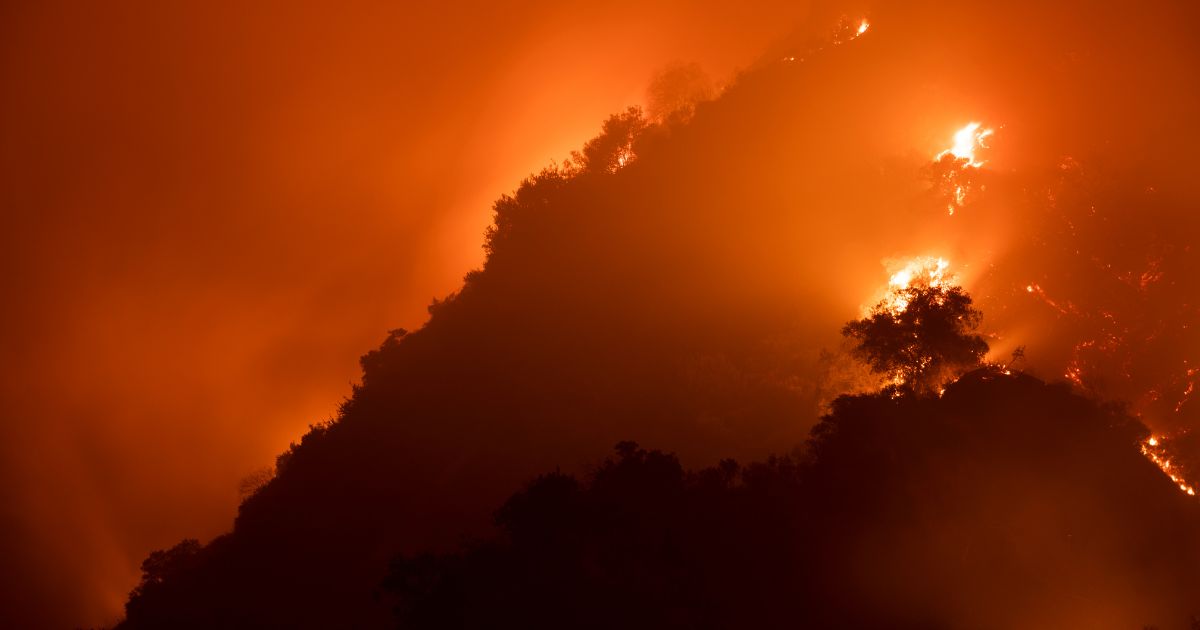Los Angeles Wildfire Relief and Recovery
At Kershaw Talley Barlow, we understand the immense challenges faced by wildfire survivors in California. Having represented victims of past fires, we know that recovery is a complex process that involves emotional, financial, and legal hurdles. In the wake of the devastating Los Angeles fires, we want to share valuable resources and guidance to support fire survivors on their path to recovery.
United Policyholders: A Lifeline for Wildfire Survivors
One prominent resource for fire survivors is the United Policyholders (UP) organization. As a non-profit 501(c)(3), UP has over 30 years of experience assisting wildfire-impacted households across California through its Roadmap to Recovery® (R2R) program. This initiative has been instrumental in helping survivors of the 1991 Oakland/Berkeley fires and many other major disasters that have followed.
The R2R program provides:
- Orientation and Support: Helping survivors navigate the immediate aftermath of a wildfire.
- Technical Guidance: Addressing insurance, mortgages, taxes, personal finance, and construction needs.
- Legal and Financial Advice: Assisting with understanding rights, securing temporary housing, debris removal, and identifying potential compensation sources.
- Advocacy and Protection: Ensuring survivors receive the full protection of California’s laws governing insurance companies.
To access these resources, visit the Roadmap to Recovery program.
Partnering for Public Interest
Consumer Attorneys of California (CAOC) has partnered with United Policyholders to offer pro bono legal support to fire survivors. This collaboration is designed to help survivors access guidance, advocacy, and critical resources for rebuilding and recovering.
Additional Resources
- 2025 California Wildfires: Insurance Claim and Recovery Help
- First Steps After a Wildfire
- Survivors Speak: Additional Living Expense/Loss of Use
City of Los Angeles, Emergency Management Department
The City of Los Angeles, Emergency Management Department has also compiled helpful resources for assisting wildfire survivors, including for:
- Locating Disaster Recovery Centers;
- Taking Safety Precautions for Reentering and Returning Home;
- Finding Assistance for Individuals and Families, including Pet & Animal Resources; and
- Assisting Property Owners;
- Assisting Business Owners and Workers (e.g., employment services for dislocated workers and applying for unemployment benefits);
- Locating Shelter and Housing Services; and
- Finding Health and Safety Resources, including N95 masks and mental health assistance.
For more information on Wildfire Recovery resources provided by the City of Los Angeles, Emergency Management Department, please visit: https://emergency.lacity.gov/recovery.
Key Steps for Fire Survivors
Recovering from a wildfire can feel overwhelming. Here are some initial steps that you can take:
- Take Care of Immediate Needs: Prioritize your and your family’s safety and well-being. Arrange for temporary housing—your insurance company may be able to help you find a place of similar size.
- Start Documenting Your Recovery: Keep a diary, spreadsheet, or journal to track conversations and details related to your loss, insurance claim, and other potential claims. Record names, job titles, phone numbers, and emails.
- Get Your Insurance Information in Order: Request a complete and current copy of your insurance policy. Keep all of your paperwork organized using a folder, accordion file, or digital system like Google Docs. Find out what resources are available for living assistance under your policy.
- Keep All Receipts: Save receipts for hotel stays, clothing, pet boarding, and other expenses while you’re displaced.
- Photograph Your Property: If possible, take photos of your property and possessions before any cleanup or debris removal begins. Be mindful of safety precautions and considerations.
- Take the Time You Need: Take as much time as you need to review and consider contracts or agreements, including for any cleanup and repairs. Find out if forbearance or other accommodations may be available for some of your bills and expenses, including your mortgage.
- Inventory Damaged Property: This can be time-consuming, but organizations like United Policyholders offer tips and tools to make it easier.
- Register for Additional Support: Register with FEMA and the SBA (if applicable). Some of the resources provided above offer helpful steps for completing the registration process.






